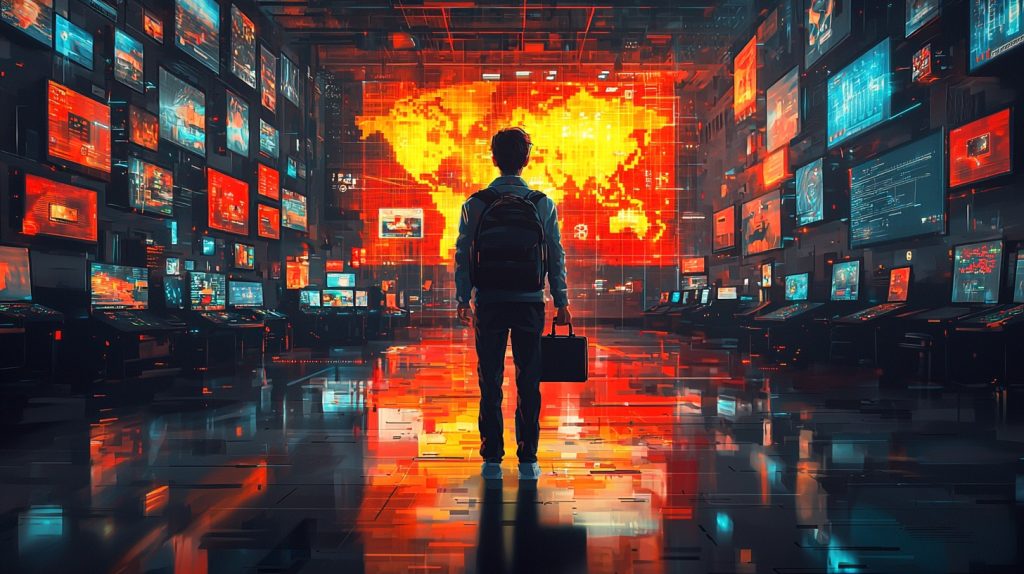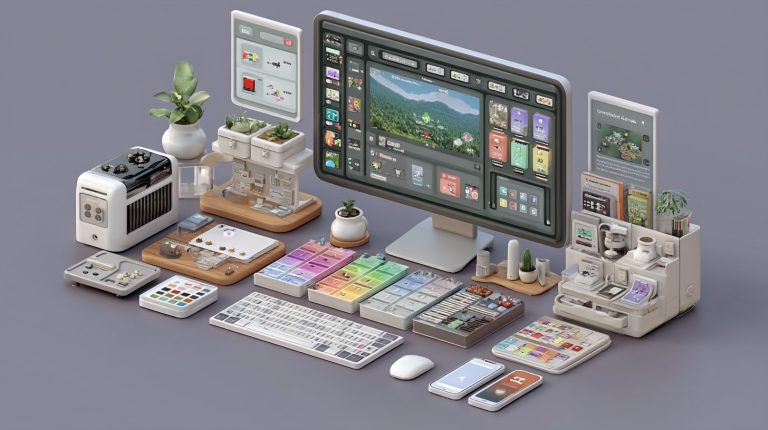
Video games, once dismissed as a waste of time, are now shaping a new generation of business leaders. Millennials and Gen Z executives are using skills honed in competitive gaming — like strategic thinking, teamwork, and decision-making — to tackle complex business challenges. Just like traditional strategy games such as chess, modern video games provide a training ground for leadership in high-pressure, fast-paced environments.
For instance, games like World of Warcraft, which require collaboration and strategy, are not only teaching valuable skills but have also created a demand for services like buy WoW carry, helping players achieve their in-game goals more efficiently. As the business landscape becomes more digital, lessons from gaming are playing a key role in transforming leadership and decision-making.
Video Games: A new frontier for leadership development
Video games provide immersive learning environments with instant feedback and consistent rules, mirroring the business world’s need for clear processes and predictable outcomes. Modern games have evolved into systems that reflect real-world business challenges, offering a dynamic training ground for future leaders.
Research highlights this potential. A Brigham Young University study found that teams engaging in gaming activities saw a 20% productivity boost compared to traditional team-building exercises.

Exploring video game theory
Game theory, widely used in economics and psychology, analyzes strategic interactions between participants to predict outcomes. Video game theory builds on these principles, studying how game mechanics, storytelling, and player engagement shape behavior, fostering development, creativity, and problem-solving.
For example, popular games like Call of Duty use Bot Lobby BO6 to create a controlled environment where players can hone their skills, refine strategies, and improve their overall gameplay.
Leadership skills gained through video gaming
Video games are more than entertainment — they can develop key leadership skills:
Decision-making and strategic planning:
- High-pressure gaming environments demand quick decisions and teamwork.
- Success requires balancing short-term tactics with long-term goals.
- These skills parallel business needs for trust, resilience, and rapid problem-solving.
Creative problem-solving:
- Games build resource management, anticipation, and long-term planning skills.
- Challenges promote adaptability and innovative thinking.
- Failures become opportunities to refine strategies.
Teamwork and communication
Multiplayer games like World of Warcraft and Destiny 2 rely on effective communication for success. Players use headsets and chat systems to share critical information under pressure. For example, raid leaders manage teams of 20-25 players, issuing strategies, identifying threats, and coordinating resources — while performing their own tasks.

These games enhance communication skills in several ways:
- Real-time coordination: Players communicate concisely, using precise language for quick updates. For instance, a raid leader might call out, “Boss phase change in 10 seconds — ranged players rotate clockwise,” prompting immediate action.
- Strategic delegation: Leaders assign tasks, adapt strategies, and manage resources, often making adjustments mid-mission and providing constructive feedback.
- Virtual team management: Multiplayer games often involve collaboration across time zones and cultures, similar to global business teams. Players develop skills in asynchronous communication, project planning, and resource coordination — valuable for modern workplaces.
Emotional intelligence and empathy
Video games also enhance emotional intelligence by encouraging players to connect with characters and narrative-driven experiences. This builds emotional awareness, helping leaders manage their own emotions and better understand their teams.
For example, studies on games focused on Syrian refugee migration showed increased empathy in players. These interactive experiences foster compassion and understanding, contributing to personal growth.
As technology evolves, video game-inspired methods are shaping a new generation of leaders — resilient, emotionally intelligent, and equipped to handle tomorrow’s challenges.




